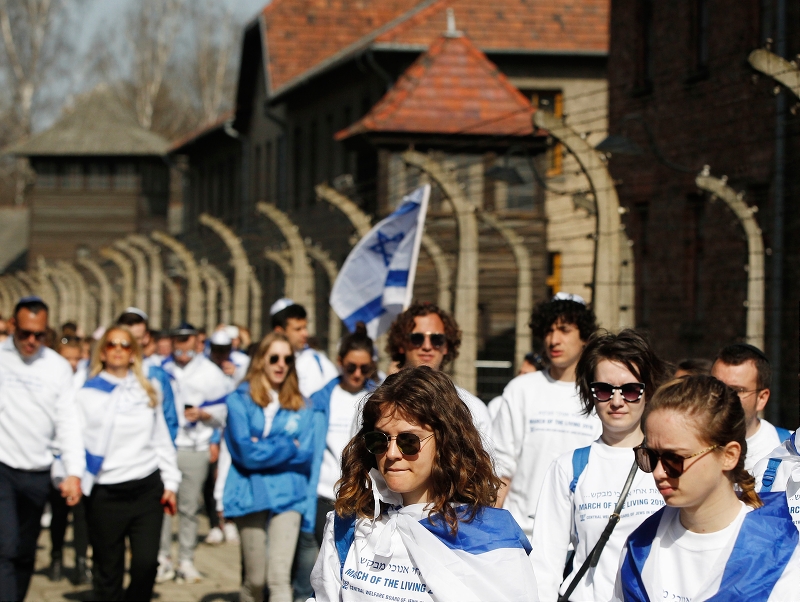Israeli youth have traditionally visited Poland in the summer to visit the German Nazi death camps, enhancing their knowledge about the Holocaust and paying homage to its victims. The visits have for many years been regarded as a milestone in Israeli education and, before the start of the pandemic, 40,000 Israeli students visited Poland every year.
Last Thursday, the Israeli ambassador to Poland, Yacov Livne, spoke at the ceremony commemorating the 79th anniversary of a prisoners uprising at the Nazi concentration camp of Sobibor; he said that he had often attended the commemoration to greet Israeli youth visiting Poland but that “this is not possible at the moment as a result of decisions taken by the Polish Ministry of Foreign Affairs.”
He added that this is difficult to understand in Israel and all over the world and that the matter should be resolved.
Deputy Foreign Minister Paweł Jabłoński took to Twitter and accused the Israeli ambassador of misrepresenting the matter to the public. “I regret that Ambassador Livne has decided to communicate with the Polish Ministry of Foreign Affairs via the media and speeches in public, in addition misinforming the public as to the real causes for why the visits are not taking place,” he said, adding that the ambassador would be called into the ministry to explain himself.
Żałuję, że p.ambasador @YacovLivne zdecydował się komunikować z @MSZ_RP przez media i publiczne wystąpienia – w dodatku wprowadzając w błąd opinię publiczną co do przyczyn, dla których wyjazdy się nie odbywają.
Dla wyjaśnienia tej sytuacji zostanie w poniedziałek wezwany do MSZ.
— Paweł Jabłoński (@paweljabIonski) October 14, 2022
According to Jabłoński, the Israeli side is fully aware of Poland’s stance on the matter. Poland has offered to resume the visits and the decision to take advantage of that offer lies fully and squarely with the Israelis. “We are prepared to receive the visits even from tomorrow, but the principles for guaranteeing security for these visits must be the same as in other countries, without armed guards. Poland should be treated in the same manner as other states,” Jabłoński wrote on Twitter.
Discussions with the Israeli side over resuming the visits went public in August on the initiative of the Israelis, much to the annoyance of the Poles. Poland’s position has been consistent that the security surrounding the visits should be provided by the Polish side and not by Israeli armed guards, and that the visits should include opportunities for Israeli youth to integrate with Polish youngsters. It is more than willing to cooperate with the visits on that basis.
The Israeli ministry of education has since June canceled all educational visits to Poland by school students. They argued that this was because Poland would not agree to its conditions for guaranteeing security.
The Polish Ministry of Foreign Affairs spokesman Łukasz Jasina explained that a return to Israeli armed guards protecting their youth on Polish soil would not be acceptable to the Polish side.





